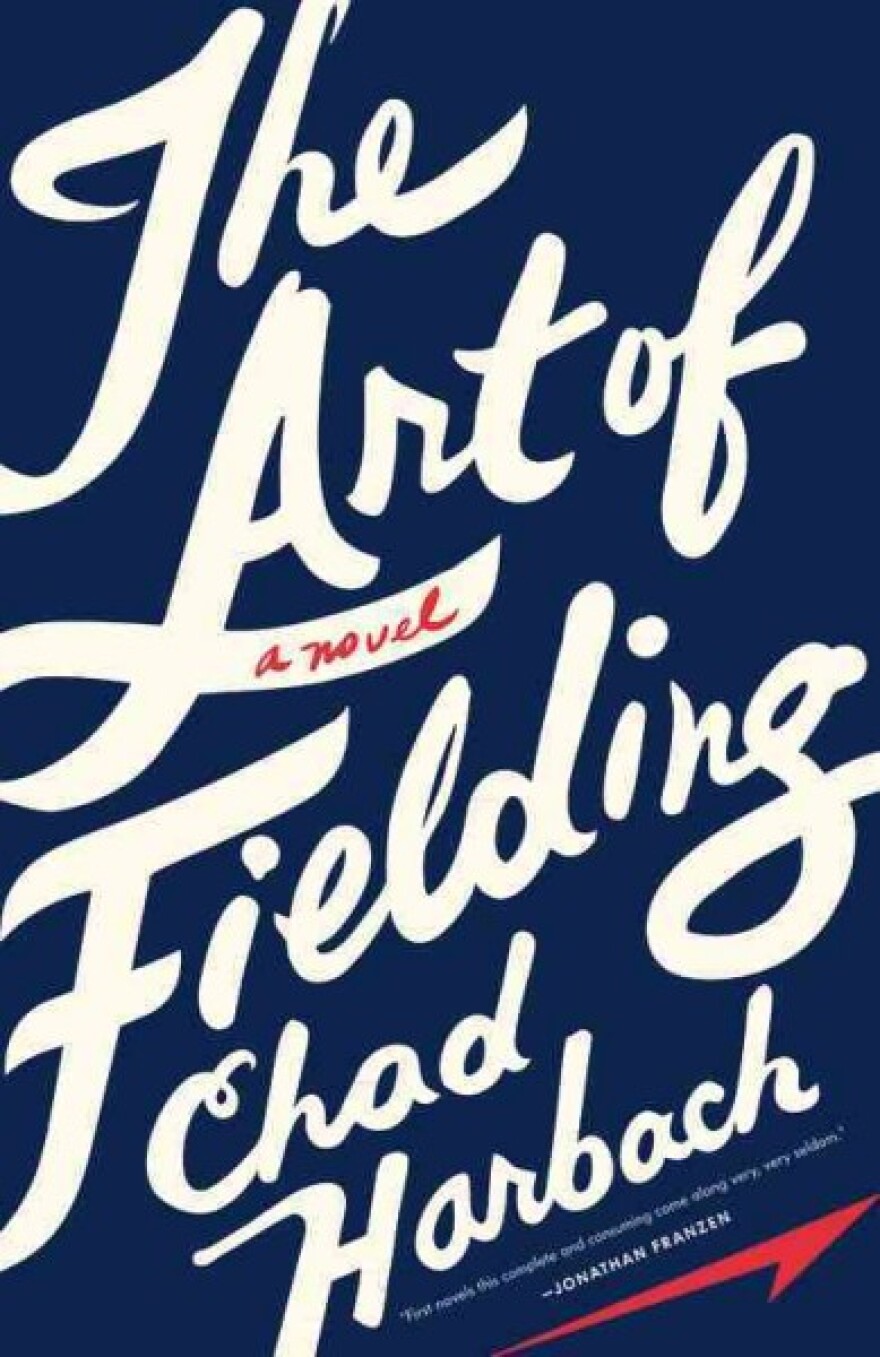In the course of a year, I read and review scores of books. Because I carefully preselect those of greatest interest to me (and, I hope, other readers), most are pretty good, even if they don't fully hit their marks. But by year's end, only a handful have really stayed with me. The five books below — three novels, a memoir and a nonfiction narrative — top my list of keepers published in 2011. While it's no surprise that Julian Barnes and Joan Didion produced books to have and to hold onto, it's the serendipitous finds like Ali Smith's fifth novel, Chad Harbach's first, and Donovan Hohn's Melvillean quest for rubber duckies lost at sea that bring special pleasure. What they have in common is that I've continued to think about all of them long after turning the last page.
Copyright 2024 NPR. To see more, visit https://www.npr.org.
What Sticks: The 2011 Books That Really Stay With You
The Sense Of An Ending

by Julian Barnes
Julian Barnes has finally won a Man Booker Prize, and I'm glad it's for The Sense of an Ending, his elegant, deceptively simple, quietly devastating moral tale about the self-serving vagaries of memory over time. Taking its title from Frank Kermode's 1967 critical study of the relationship of endings in fiction to apocalypse and death, this compact, multilayered story is the kind of book that bears re-reading. Barnes' unreliable narrator is a man in his 60s who comes into a small inheritance that causes him to reconsider the bitter aftermath of a miserable college romance and his role in a brilliant boyhood friend's unhappy demise — which leads to a serious revision of the life story he has always told himself. Like the best of Philip Roth's late cycle of nemesis novels, this mature work tackles big ethical issues in a slim, carefully plotted, wholly absorbing narrative.
There But For The

by Ali Smith
Ali Smith's clever, by turns whimsical and subtly wrenching fifth novel, There But For The, is another book that sends you back to the beginning once you've reached the end, both to connect the dots of her intricately structured story and to marvel at what she has pulled off. It's about a dinner party guest who locks himself into his host's spare bedroom between the main course and dessert and refuses to come out for months, stoking an absurd media frenzy. With her penchant for wordplay on full display, the author of The Accidental switches between the perspectives of four people whose lives have been peripherally touched by her gentle shut-in, a man who, like J.D. Salinger's Seymour Glass, has perhaps too much heart to survive comfortably in a hard world. These appealing characters include a "preternaturally articulate" 9-year-old, one of literature's most beguiling little sages since Salinger's Esme.
Blue Nights

by Joan Didion
Joan Didion tries to make sense of another sort of ending with Blue Nights, her devastating companion volume to The Year of Magical Thinking, the searing memoir she wrote about the insanity of grief after her husband and writing partner John Gregory Dunne's sudden death in December 2003. Their adoptive daughter, Quintana Roo, died just 20 months later, at 39, after nearly two harrowing years in a series of ICUs. With her signature mix of directness and ellipsis, Didion recalls charming and difficult memories of Quintana's truncated life while unsparingly questioning her own mothering and starkly confronting "the end of promise, the dwindling of the days, the inevitability of the fading, the dying of the brightness" in her 70s. Why read such somber stuff? Schadenfreude? Nosiness? Because Blue Nights is a beautiful condolence note to readers about painful realities of the human condition.
The Art Of Fielding

by Chad Harbach
The Art of Fielding is a compulsively readable, unpretentiously literary first novel that revolves around a star college shortstop and the teammate mentor who drives him to play with the efficiency of a machine. Author Chad Harbach, a founding editor of the literary magazine n+1, dares to take on both the great American pastime and resonant themes extracted from one of the great American novels, Moby-Dick — including obsessive pursuits and the homoerotic underpinnings of male bonding. His extraordinarily sympathetic characters must eventually face their limitations, learning that in life as in baseball, success involves the art of fielding whatever is thrown at you, good and bad. It also involves the ability to accept and recover from mistakes — both out in the harsh world and in the sole sport that cruelly keeps track of errors. Harbach swings for the fences with literary references, lovely prose and a terrific story, but it's his ability to keep us up nights worrying about his characters that really scores.
Moby-Duck

by Donovan Hohn
Melville's influence has run deep this year, providing, among other things, the central motif for Moby-Duck, Donovan Hohn's quest narrative about 28,880 bath toys lost at sea in 1992. What begins as a seemingly whimsical search for rubber duckies spilled overboard in hurricane-force winds in the North Pacific becomes a primer in oceanography, a whale of an adventure tale and an eye-opening inquiry into the disturbing, growing environmental effects of plastic pollution and climate change on our oceans. Carried off on the current of his own questions, Hohn quit his private-school teaching job to become a self-proclaimed "amateur driftologist." He avidly tracks the possible paths of the floatees far beyond his comfort zone. His obsessive odyssey takes him on storm-wracked voyages to Alaska, Hawaii, a Chinese toy factory and the Arctic Circle in the company of oceanographers, beachcombers and merchant mariners. While his quest, like Ahab's pursuit of the great white whale, has its excesses and longueurs, Moby-Duck has indelibly altered the way I think about the roughly 71 percent of the Earth's surface covered by our no longer so shining seas.



